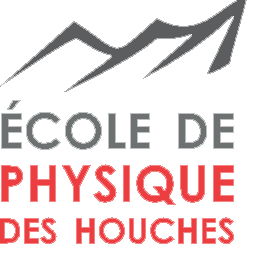Speakers
Description
Recent advances in trapped ion quantum technology have led to impressive results including the demonstration of four qubit GHZ states using subsequent entanglement gates [1] and a dc magnetometer with quantum enhanced sensitivity [2]. We will present the underlying technological advancements, starting with a high-speed multi-channel waveform generator developed in Mainz. The system delivers voltages and waveforms required for high-fidelity gate operations and fast ion transport, splitting and rearrangement of multiple ions. Voltage waveforms are computed using a custom developed software framework, which is capable of automatically generating ideal waveforms for various ion transport operations. In addition, we will discuss improvements of the quantizing magnetic field stability, which is critical for high qubit state coherence times. A permanent magnet setup was developed to significantly improve the stability of the quantizing magnetic field by reducing the effects of temperature drifts on the permanent magnets. Randomized benchmarking is used as a tool to characterize the performance of the setup in quantum information processing.
[1] H. Kaufmann et al., Phys. Rev. Lett. 119, 150503 (2017)
[2] T. Ruster et al., Phys. Rev. A 90, 033410, 033410 (2014)




